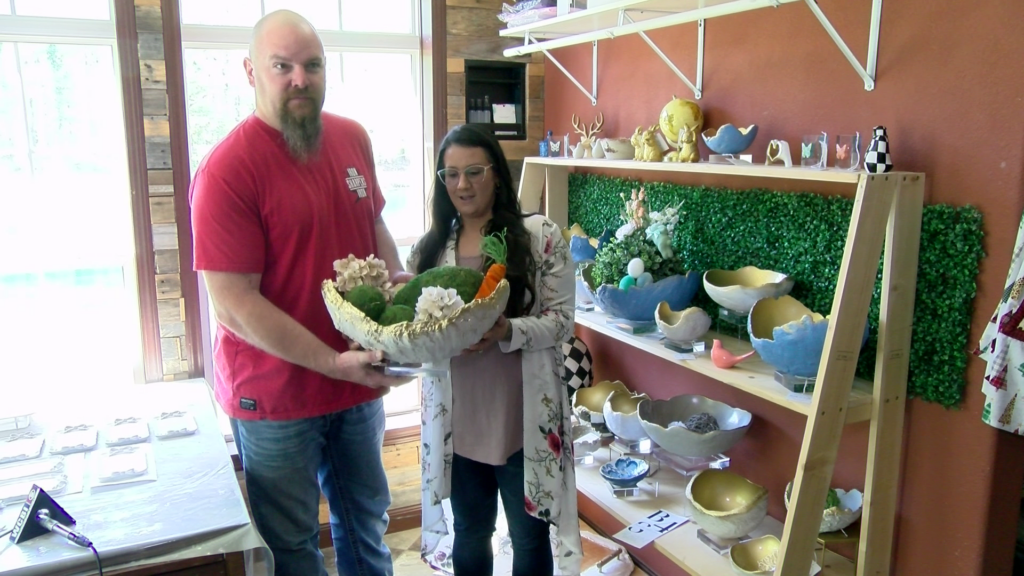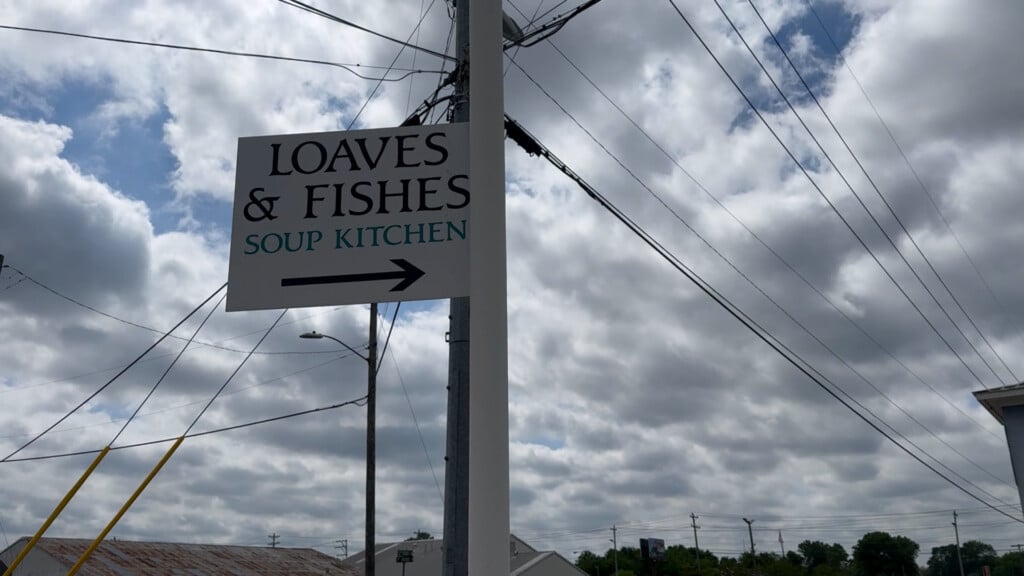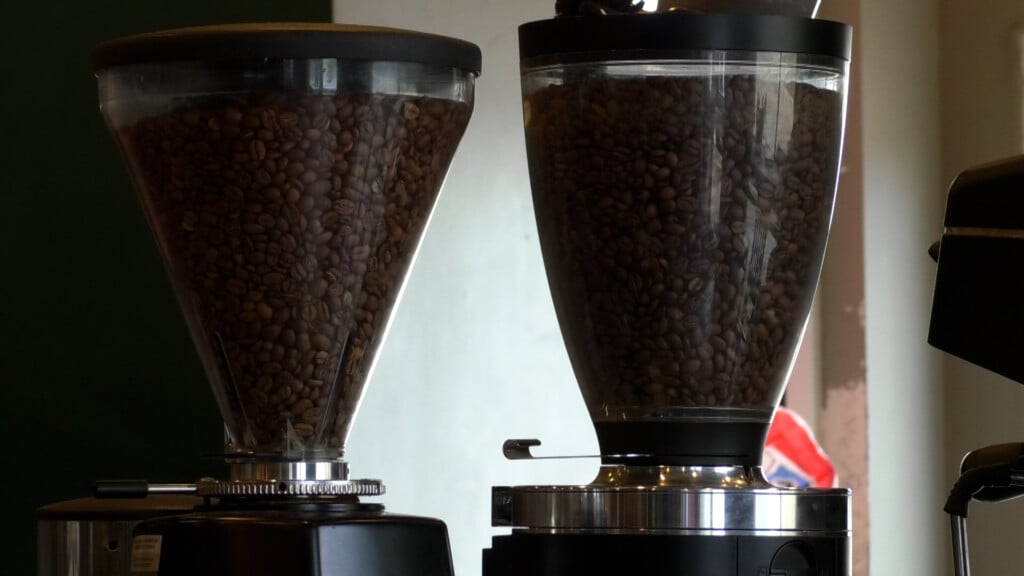Meat processing workers fear health risks despite increased pay
An ongoing investigation found that 14,000 confirmed coronavirus cases are tied to 181 meat processing plants across the U.S., and at least 54 employees have died. Workers at JBS and Tyson meat processing plants are receiving increased paychecks, some under certain conditions, but many people who cannot afford to not come to work but worry about risking their health are put in a difficult position.
“They want people to come to work, so they’re paying them more money. The problem with that is it puts them back inside the plant,” Mark Perrone, president of the United Food and Commercial Workers International Union, told CBS News.
Tyson has announced two $500 bonuses for workers in May and June, while meatpacking company JBS raised hourly pay and is giving $600 bonuses to workers who had “no more than two unexcused absences between April 20 and May 15.”
JBS said workers who stay home over fears of contracting COVID-19 will not lose their jobs — but they would not get paid, either.
Perrone said the situation leaves many workers with no option but to work because they need their paychecks to survive, and the way essential workers are viewed is a problem.
“Just because you’re an essential worker doesn’t necessarily mean you’re expendable,” he said. “And I think that people have started to think about these workers, especially in these packing houses, as being expendable.”
JBS’ website cites measures it has taken to protect workers, including temperature checks, face masks, increased sanitation and physical distancing.
Ryan Brown, who works at the JBS meatpacking plant in Grand Island, Nebraska, described his “congested” working conditions.
“We’re pretty snug. There are some places where you are literally like, shoulder-to-shoulder with somebody,” Brown said.
Some 3,600 people work at the Grand Island JBS plant, which processes 1 billion pounds of beef per year.
More than 230 workers had come down ill from coronavirus as of April 21. CBS News confirmed one worker, 61-year-old Reynaldo Ramirez, died April 28 from COVID-19.
“There is no real feasible way to keep us all 6 feet apart. It’s just a lot of people in one space,” Brown said.
While the company said it was doing everything its can to “provide a safe working environment,” emails obtained by CBS News show a local emergency room doctor called the plant a “hot spot” at the end of March.
Another said “… JBS should shut down for 2 weeks …”
The shutdown never happened, and by April 21, the Health Department reported over 230 “JBS-related” cases.
Brown, who now makes $4 more per hour, said increased pay is not the answer.
“When you’re putting people’s families at risk, and like, their lives at risk, I don’t think that you can put a number on that,” he said.
JBS’ website said it is encouraging sick team members to stay home from work, and has relaxed its attendance policies. The company also told CBS News no one asked it to close the plant, while local officials said they were unable to gain state officials’ support to have it shut. CBS News has reached out to Nebraska Governor Pete Ricketts but has not heard back.
Send tips to Anna Werner at WernerA@cbsnews.com.





Leave a Reply